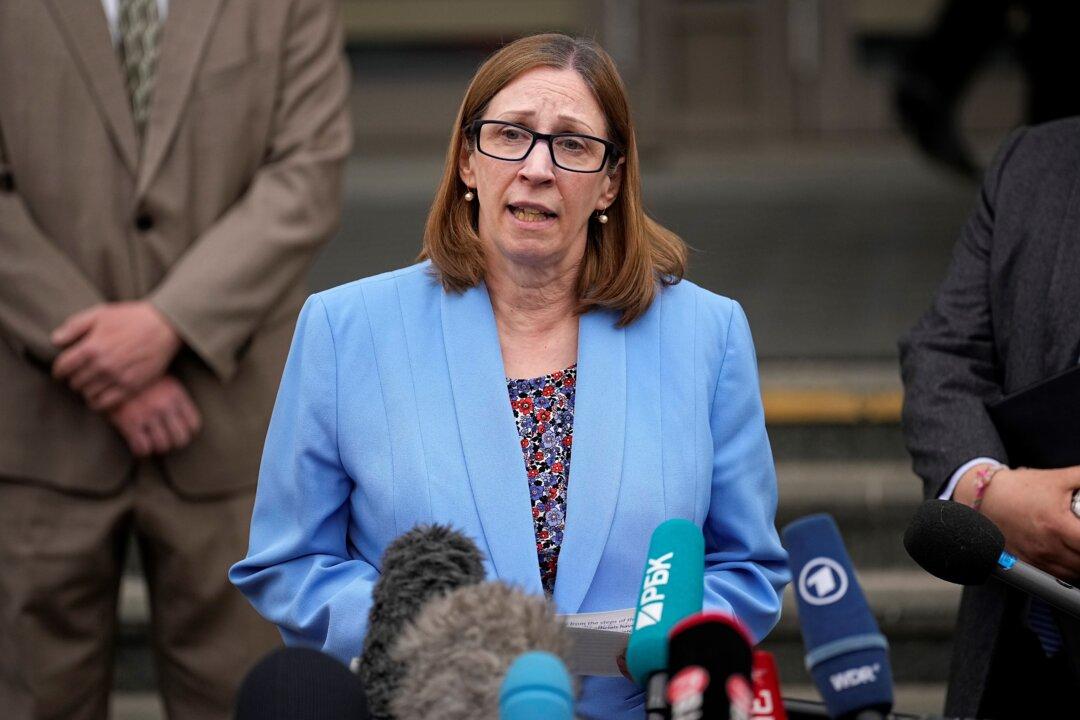The Russian Ministry of Foreign Affairs warned the United States on March 7 that U.S. diplomats would be expelled if Moscow believes they are interfering in its internal affairs, including elections.
The warning was delivered to U.S. Ambassador to Russia Lynne Tracy about a week before Russia’s March 15 presidential election, in which President Vladimir Putin is running for reelection.





